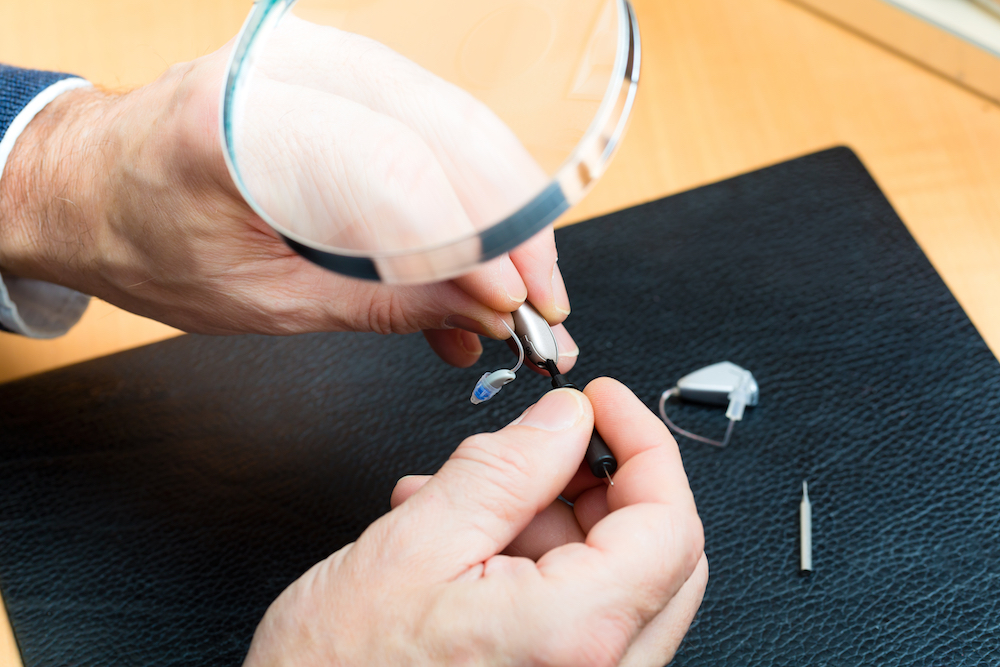Hearing Aid Innovations: What’s New in 2025?
Hearing aid technology has come a long way in recent years, and 2025


Hearing aid technology has come a long way in recent years, and 2025

Helping children with hearing loss isn’t just about making smaller

Your hearing aids already do so much more than just help you hear better